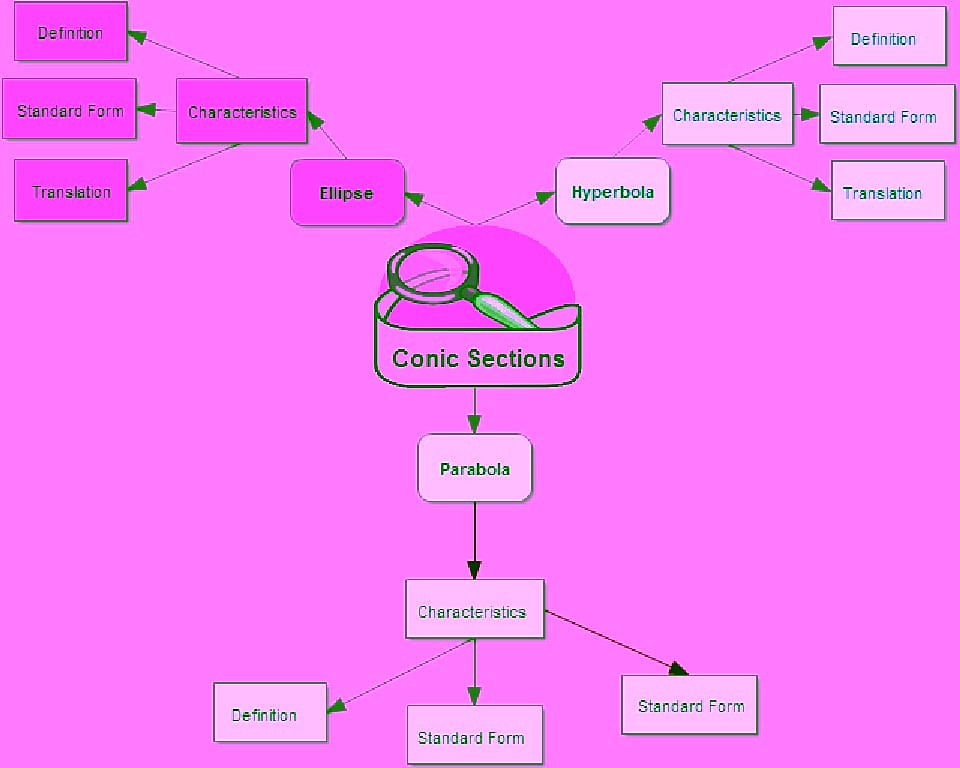Your cart is currently empty!
ADHD & Autism: 5 Tips to Success in Upper-Level Math
Can our teens with ADHD and Autism Spectrum Disorder (ASD) be successful in upper-level math? Yes. They just need the right instruction.
High school students with ADHD and Autism often struggle in math. From early elementary grades, their math skills are unstable. The deficiencies can last through high school. Fortunately there are strategies to help them move forward.
Math is a progressive subject, moving from counting blocks to multiplication. Manipulatives can form a foundation, but they are less so in high school math.
Many states require 3 years of math: algebra 1, geometry, algebra 2. However, some universities require 4 years of math. Courses such as trigonometry, statistics, and calculus are required. Advanced Placement (AP) exams offer opportunities to earn college credits while in high school. This coursework can be a specific challenge for teens with ADHD and Autism.
Manifestations
- Takes longer to complete tasks.
- Looks like they don’t care.
- Forgetful in stressful situations.
- Low tolerance for boredom.
- Unsuccessful at activities they’re talented in.
 Traveling way back on the WayBack Machine…
Traveling way back on the WayBack Machine…
Got a friend who’s pregnant? “Bedrest? I’m on my way. I’m fine teaching trigonometry. What could possibly go wrong?” I shouldn’t have asked. A room full of students counting on their fingers. Luckily I’m a sister who’s up on technology. Graphic organizers rock!
Challenges
Inattention is a characteristic of both ADHD and Autism. Procrastination impacts math learning as multiple steps are lost in the confusion. Carelessness results in mistakes that impact the final answer.
Hyperactivity and impulsivity are similar manifestations. Interruptions impact teaching and learning. Negative social skills result in additional barriers. Fortunately “our kids” have strengths that can overcome the challenges faced in mathematics.
- Channel lots of energy.
- Hyperfocus on content.
- Thinking outside the box.
- Creative in a variety of ways.
- Seems young, curious.
Trigonometry, statistics, and calculus involve complex, abstract theories and computations. Attentiveness is key as one concept builds upon another. Working memory deficiencies must be supported to ensure long-term understanding. This success can be brought about by teachers who are experienced with students with ADHD and Autism.
Strategies
- Encourage students to write everything down.
- Support without being condescending.
- Incorporate tricks for memorizing rules.
- Provide visuals (charts, models, graphs).
- Show and explain multiple steps to avoid overwhelm.
Subjects like trigonometry, statistics, and calculus can be daunting for anyone. It is unlikely that most parents and teachers took them in high school. These are modern times with newly formed educational requirements.
Students with ADHD and Autism Spectrum Disorder face significant challenges in upper-level math. With knowledge and training, teachers will be prepared to take on “our kids.”
Would you encourage a teen with ADHD or Autism to take an upper-level math class?

EdieLovesMath empowers individuals with ADHD and Autism, their families, and professionals through a 4-step plan that builds confidence and success in reading, math, writing, and organization. As someone with a neurodiverse brain herself, Edie understands the challenges and triumphs of navigating learning differences firsthand. Join us. We’re here to guide your journey.
About Me ›
- Getting Disability Accommodations in College: What Students and Parents Need to Know
- Neurodivergent Burnout: How to Recognize It and Tips to Recover
- ADHD and Math Anxiety: How to Help Kids (and Adults!) Feel Confident with Numbers
- 5 Tips to Organize Your Workday If You Have Executive Functioning Disorder
- The 2025 Attack on Disability Rights: Why Section 504 Matters More Than Ever

Leave a Reply